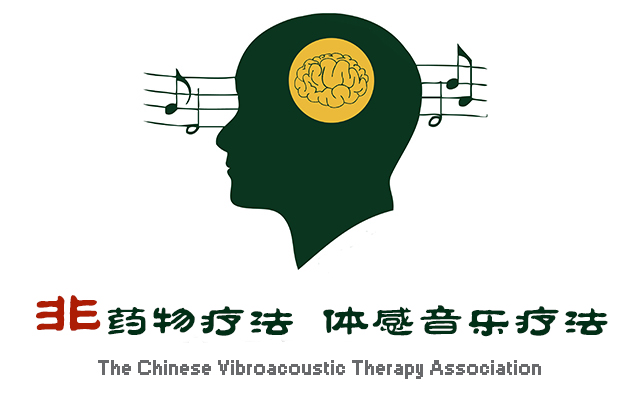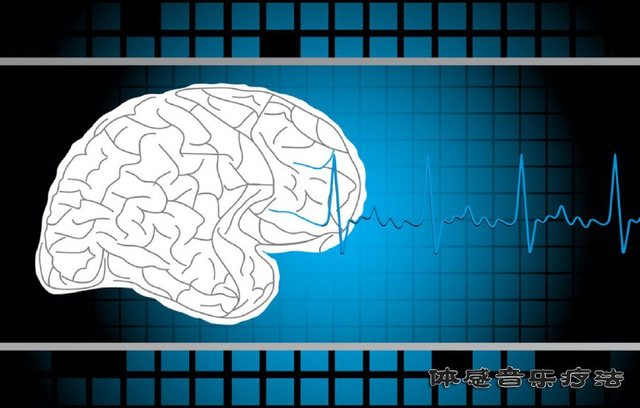Industry information
How to Realize Physical and Psychological Rehabilitation in Somatosensory Music Therapy

Music has a history of four to five thousand years. Because people live in nature, the first entertainment that humans in ancient times accepted was the beautiful natural movements such as the wind and waves of nature, the joy of waterfalls, the bubbling spring water, the tiger and ape cry, the empty mountain bird talk, the cicada and frog noise, which formed the most primitive natural music. Music has a variety of different rhythms, and human activities have a significant role in following the rhythm of music. On the one hand, the artistic appeal of music acts on emotions, so as to keep people's mood happy and relax naturally, eliminating the mental obstacles of ordinary people and patients; on the other hand, the physical effect of music directly acts on human organs with specific frequencies and sound pressures, such as the production of heart or auditory organs. The role of resonance and harmony can not only enhance people's disease resistance, but also help to treat diseases. Therefore, the change of music rhythm can drive and regulate people's physiological rhythm. Based on this, as early as ancient times, music therapy, a method of treating diseases with music, came into being. "Music therapy" is also called "music health preservation" or "music medicine".
Music therapy is one of the psychotherapy methods, and it is used to promote health, especially as an assistant means to eliminate psychosomatic disorders. According to the specific situation of psychosomatic disorders, we can choose appropriate forms of music appreciation, solo, chorus, instrumental music performance, composition, dance, music competition and so on. Psychotherapists believe that music can improve mental health. Through music as a medium, we can express our feelings and promote the inner outpouring and the mutual exchange of emotions.
Many clinical data and experimental studies have proved that music can improve attention, enhance memory, activate thinking, enrich and improve emotional state, help to regulate and improve personality characteristics and behavior patterns, eliminate emotional and intellectual barriers of isolated children and the surrounding environment, and strengthen people's understanding and self-confidence of the meaning of life. Heart; if the elderly listen to the lyric and relaxed music familiar to him in his youth, they can recall the happy memories of his youth, help to regulate mood, enhance confidence in life, and regulate the respiratory, circulatory and endocrine systems; music also has a good calming and analgesic effect. Specifically speaking, the function of music on human body is mainly realized through psychological and physiological functions.
From the psychological level, music as an art, not only can provide people with a spiritual enjoyment, but also can express thoughts and feelings, and encourage the will. Beautiful, relaxed and pleasant music can make people feel happy. It can relax people's nervous mood.
Music can affect people's emotions. Different kinds of music can cure different mental illnesses. Now most doctors in the world no longer doubt about it. Music has a miraculous effect in alleviating spasms, eliminating tension and fear. Some diseases cannot be effectively treated with drugs or other treatments, but music can. It can be seen that music plays an important role in human life.
Physiologically, as early as 2,000 years ago, the great Chinese medical work Huangdi Neijing recorded: "Liver belongs to wood, in sound as the horn, in aspiration for anger; heart belongs to fire, in sound as the symbol, in aspiration for joy; spleen belongs to soil, in sound as the palace, in aspiration for thought; lung belongs to gold, in sound as the quotient, in aspiration for worry; kidney belongs to water, in sound as the feather." I'm afraid of it." In the medical history of our country, there have been records of combining five scales of vocal music (gong, shang, jiao, zheng, feather) with five organs of human body (spleen, lung, liver, heart and kidney) to judge the occurrence and development of diseases, as well as the diagnosis and treatment of diseases. There are so-called "uterine activation of the spleen, commercial activation of the lung, angular activation of the liver, micro-activation of the heart and feathering of the kidney". That is to say. At present, music therapy is gradually forming a complete frontier discipline at home and abroad, which is recognized by more and more people.
Different types of music therapy

Passive music therapy: By listening to music, the patient's spirit and nervous system are regulated, so as to achieve the goal of treatment and rehabilitation. We can choose some elegant and lively music according to the need of treatment, our ability to appreciate music and our hobby for music. We can spend some time every day listening, closing our eyes, and tasting the artistic conception described by music.
Active Music Therapy: It is a kind of therapy that participates in music art personally. Patients can achieve the goal of treatment and rehabilitation by participating in music behavior, such as playing and singing directly.
Musical electrotherapy: It can also be divided into music current electrode therapy, electro-acupuncture therapy and magnetic field therapy. It combines music therapy with other therapies organically, taking advantages of each, so that the curative effect is more remarkable. This treatment has achieved good results in clinical practice, and has been applied more and more widely.
Music should be selected according to different patients and different places. Appropriate music therapy can often achieve good results.
1. Depressed patients should listen to melancholy music. Whether it is the "waltz" of "grief" or other melancholy music, it is aesthetic. When the patient's soul receives the "aesthetic feeling" of these music, it will naturally slowly eliminate the melancholy in the heart. This is the most scientific and effective method.
2. Patients with impatient temper should listen to slow-paced and thought-provoking music. This can adjust the mood and overcome impatience, such as the slow part of some classical symphonies.
3. Pessimistic and negative patients should listen to grand, rough and exciting music. These songs are helpful to patients who lack self-confidence. The music is full of firm and indestructible strength, which will spread to the listener's "weak" soul with the overflowing melody. Over time, patients will build up confidence, uplift their spirits, seriously consider and treat their own way of life.
4. Patients with impaired memory are advised to listen to familiar music frequently. Familiar music is often closely intertwined with the unforgettable fragments of life in the past. When you think of the unforgettable life, you can't help humming those songs and music, and you can also recall the unforgettable life. Patients with impaired memory often listen to familiar music, which has the effect of restoring memory.
5. The patients with essential hypertension are most suitable to listen to Lyric music. Some people have done experiments. After listening to a lyric violin concerto, blood pressure can drop by 1.3-2.7 kPa. Patients with essential hypertension need calm, and the most taboo is music that may excite them.
6. Maternal women should listen to classical music and light music with poetic, relaxed and elegant feelings and strong lyricism. Such music can help mothers eliminate tension, relax their mood, be confident, reduce pain, and be conducive to production. It is inappropriate to listen to music with strong rhythm and monotonous timbre, especially disco music.


